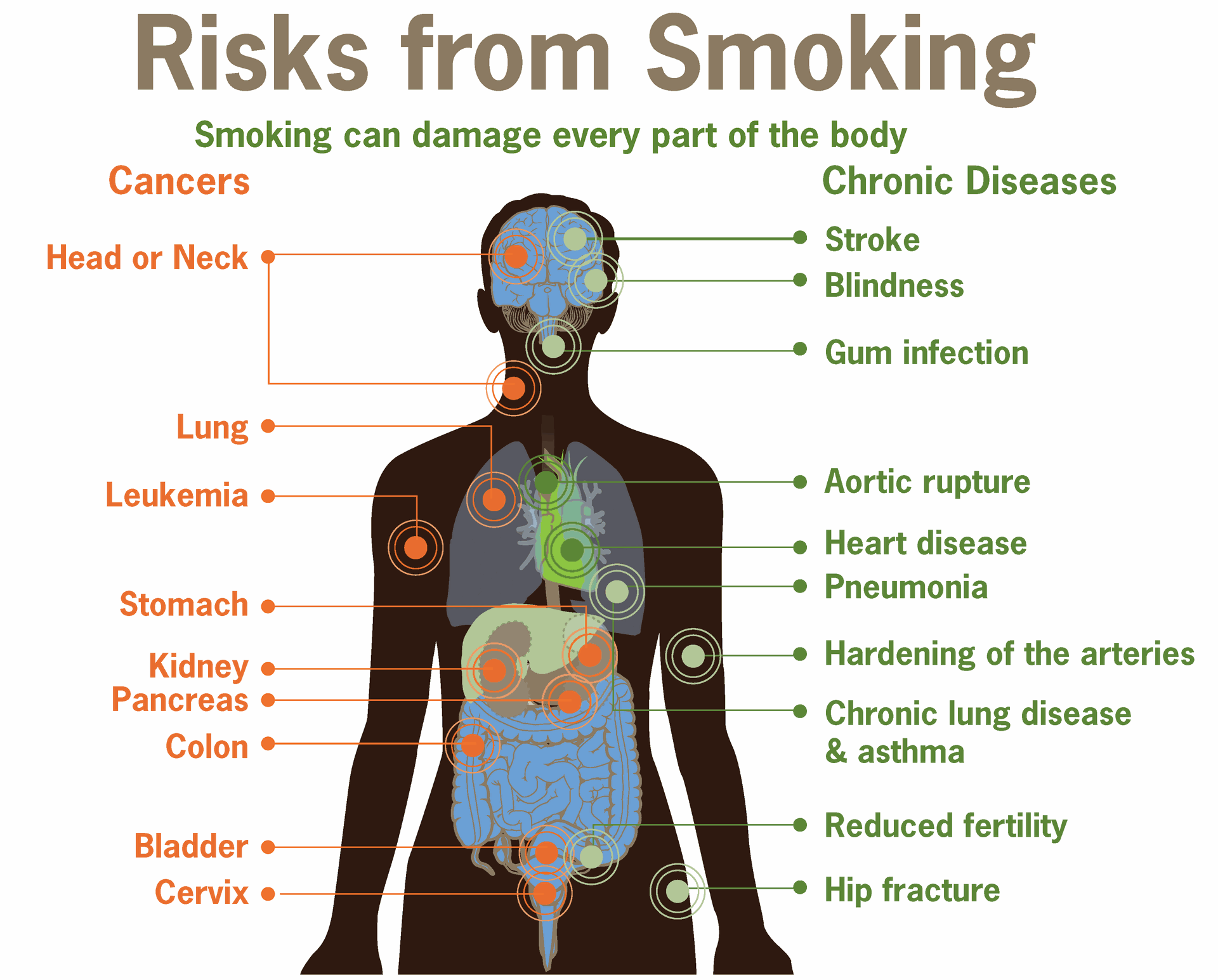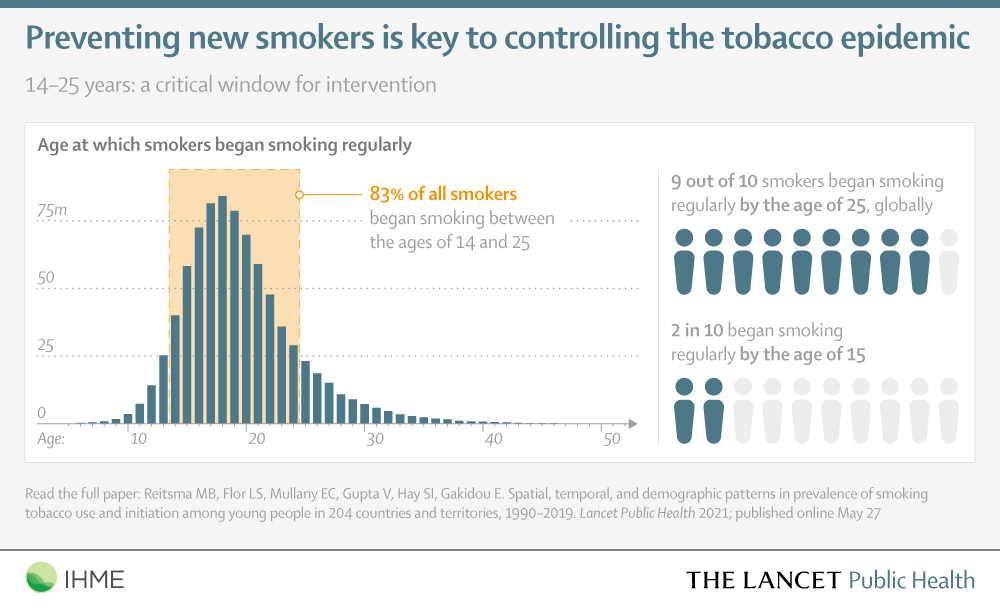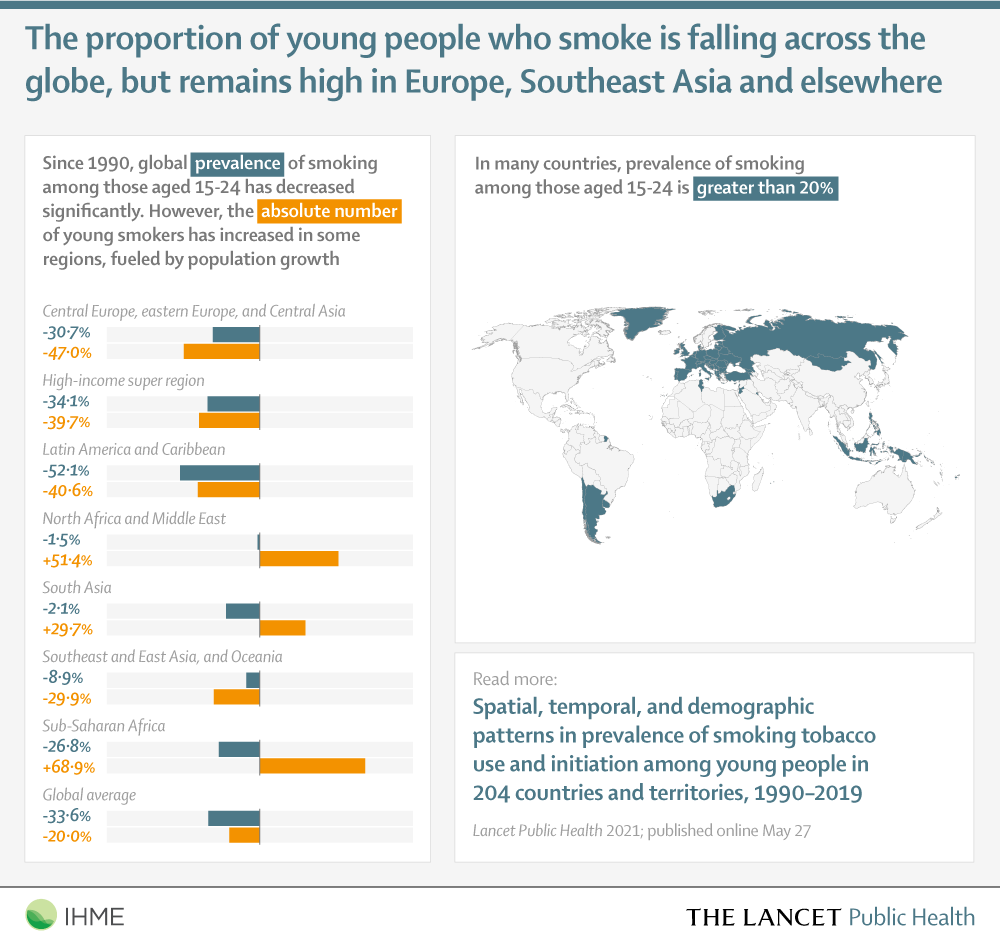The UK government has abandoned plans to impose a smoking ban in outdoor areas of pubs and restaurants, including beer gardens. This decision was confirmed by Health Secretary Wes Streeting on November 5, 2024, who emphasized the need to protect the hospitality sector from further challenges.
Health Secretary Wes Streeting said he didn't want to cause further harm to the hospitality industry, adding that
people don't want to see their high streets going down the pan"
The UK government is moving forward with plans to prohibit smoking in children's playgrounds and outside schools and hospitals as part of the updated Tobacco and Vapes Bill. This legislation aims to create a smokefree generation by making it illegal for anyone born on or after January 1, 2009, to ever purchase tobacco products.
Streeting said he had discussions with the hospitality sector over the summer and decided not to go ahead with the ban on smoking outdoors in pubs, bars and restaurants that was being considered.
"There are lots of things that we can and will do on public health that don't impact on people's liberties or people's livelihoods".
The British Beer and Pub Association (BBPA) which represents 20,000 pubs in the UK, said it welcomed the change of heart, adding that the ban and received has warmly received the government's decision to drop the planned ban on smoking in outdoor areas of pubs and restaurants. The association emphasizes that implementing such a ban would have led to severe consequences, including many pubs closing down and significant job losses.
In contrast, the newly proposed Tobacco and Vapes Bill focuses on expanding smoke-free legislation in England to cover outdoor spaces like playgrounds, schools, and hospital grounds. This initiative aims to protect children and vulnerable populations from the hazards associated with second-hand smoke.
The association strongly believes that a smoking ban in pub gardens would have caused irreparable economic damage, particularly given the already challenging environment for pubs due to rising energy costs and other factors
As of recent reports, approximately 14% of adults in the UK are estimated to be smokers, reflecting a gradual decline in smoking rates over the years. This statistic indicates that while smoking remains a significant public health concern, efforts to reduce tobacco use have been somewhat effective.
The UK government has introduced various measures aimed at reducing smoking rates, including the Tobacco and Vapes Bill, which seeks to create a smokefree generation by prohibiting tobacco sales to anyone born on or after January 1, 2009. This is part of a broader strategy to combat smoking-related health issues and reduce second-hand smoke exposure, particularly among children and vulnerable populations.
Health Secretary Wes Streeting suggested that enforcement could involve fines similar to those for fly-tipping and anti-social behavior, with the aim of effectively reducing smoking in these sensitive areas.
In Scotland, Wales, and Northern Ireland, it is already illegal to smoke on NHS hospital grounds and in designated areas around schools. These regulations reflect a growing trend towards creating smoke-free environments across the UK.
Health charities have welcomed the government's plans.
"This will require a properly funded plan, paid for by a levy on tobacco companies,” said the charity's chair, Prof Nick Hopkinson.
Dr Charmaine Griffiths, British Heart Foundation chief executive, said she welcomed the government's commitment to protect children and vulnerable people from second-hand smoke in schools, playgrounds and hospital grounds.
In 2012 alone, healthcare expenditures due to smoking-attributable diseases reached approximately $467 billion, highlighting the financial strain on health systems, especially in poorer regions
Kate Nicholls, the boss of UK Hospitality, said the mooted ban had caused “angst among hospitality businesses”, which worried that it would increase costs and drive away customers.
Caroline Cerny, the deputy chief executive of Action on Smoking and Health, voiced frustration that the bill had been watered down after behind-the-scenes lobbying by commercial interests.
Health organisations will keep pushing ministers, and also the devolved administrations, to forbid smoking outside hospitality venues, by stressing the harm secondhand smoke can do.
Smoking is responsible for approximately 80,000 deaths annually in the UK, significantly impacting public health and placing a financial burden on the NHS. The government aims to alleviate this through comprehensive measures targeting smoking and vaping.

This initiative reflects a broader commitment to public health by addressing smoking-related illnesses and promoting healthier environments for children and young people.

Approximately 1.1 billion people smoke globally, leading to an estimated 8 million deaths each year due to tobacco use. This includes over 7 million deaths from direct smoking and about 1.3 million deaths from second-hand smoke exposure
Smoking is a major risk factor for various diseases, including cardiovascular diseases, respiratory conditions, and multiple types of cancer. It contributes significantly to global mortality rates, with smoking-related diseases accounting for about 22.3% of annual deaths worldwide
The majority of smokers (around 80%) live in low- and middle-income countries (LMICs), where the burden of tobacco-related diseases is particularly severe due to limited healthcare resources and high exposure to second-hand smoke
